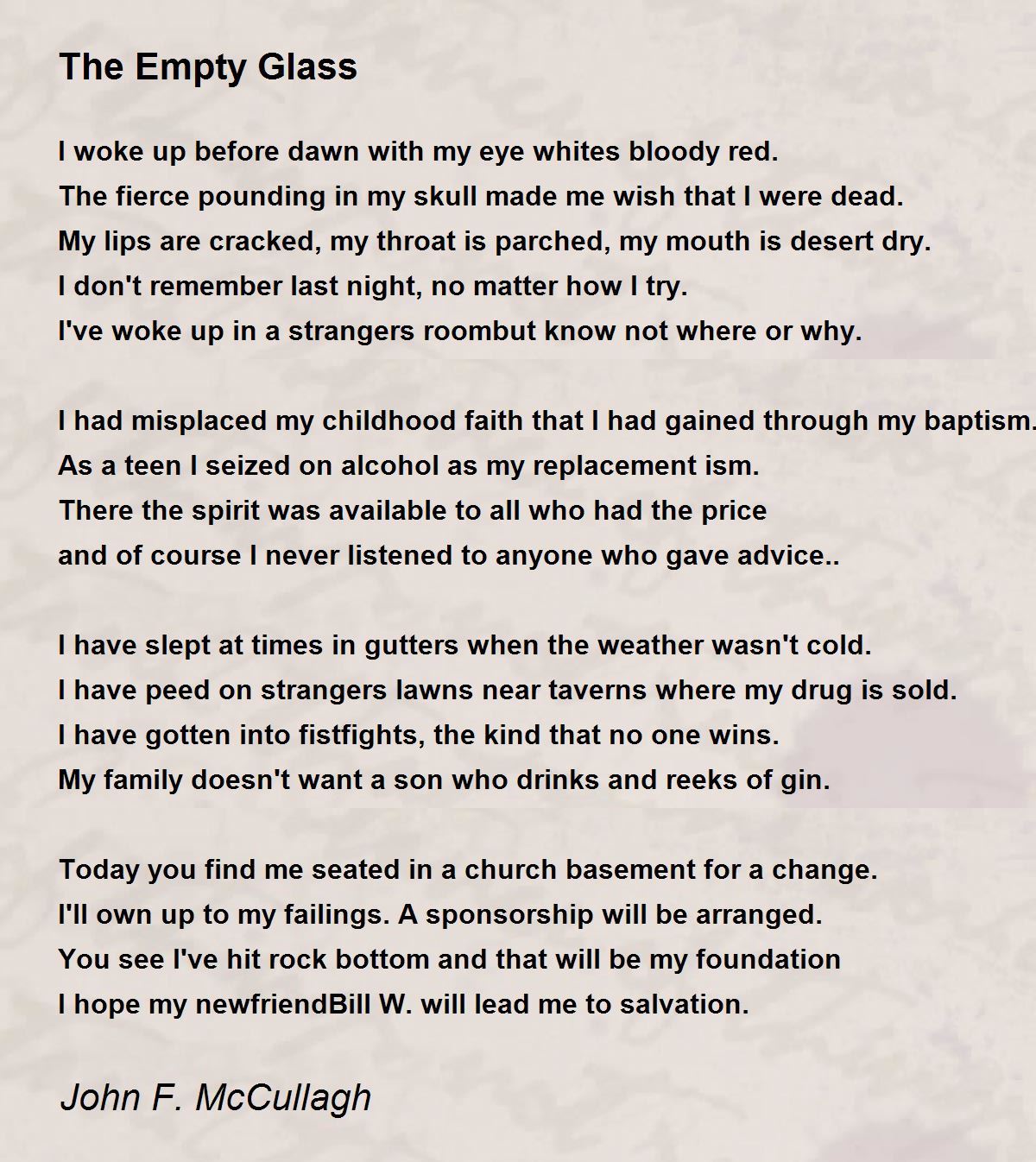

Given men’s treatment of her throughout her life, I expect that Monroe would have engaged in second-wave feminism in the 1960s, or at least supported it.

Monroe died before feminism became a populist movement that influenced society.

Friedan’s book is credited as ‘sparking’ the beginning of the second-wave feminist movement (first-wave having been suffrage and the women’s vote). Betty Friedan’s groundbreaking and controversial feminist text The Feminine Mystique (which contains its own prejudices, despite extolling equality) was published in 1963, the year after Monroe’s death. The problem with asking whether Monroe was a feminist herself is that the term, Banner asserts, wasn’t in widespread use at the time. With her focus on the role of women in society and my already being fascinated by Monroe and her life story but never having read a book on her, I looked forward to Banner’s viewpoint, which in the prologue she says will be from a specifically feminist point of view. The inside cover of this book, as well as her USC faculty page, calls her ‘a founder of the field of women’s history’ without knowing anything more about her, I was impressed by these credentials. There are countless books on Marilyn Monroe already – so why another? And why did I choose to read this one? The author of Marilyn: The Passion and the Paradox, Lois Banner, is a prominent American feminist scholar and historian, and teaches history at the University of Southern California.


 0 kommentar(er)
0 kommentar(er)
